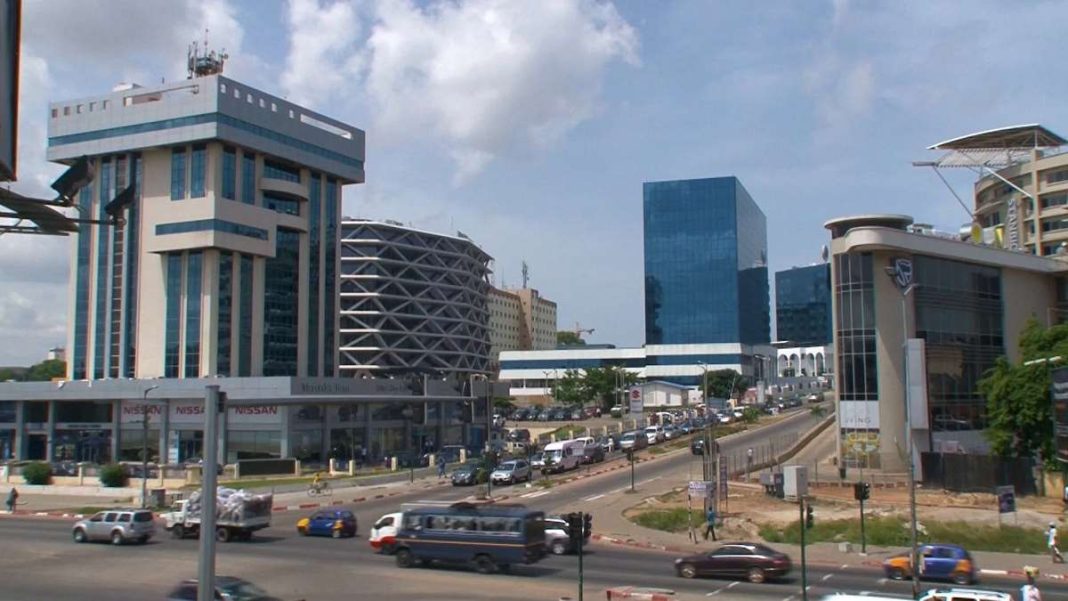

Ghana Records Sharper Decline in Business Activity – PMI
In Ghana, there was sharper decline in private sector activity, S&P Global said in its purchasing manager index (PMI) report for January. The report revealed that latest data signalled a disappointing start to 2025 for Ghana’s private sector on the back of a renewed fall in new orders, feeding through to a sharper decline in output and a drop in purchasing activity.
Meanwhile, staffing levels were unchanged, the report said, adding that more encouragingly, business confidence rose to a three-year high.
In addition, rates of inflation of both input costs and output prices slowed. The S&P Global Ghana Purchasing Managers’ Index™ (PMI®) was below the 50.0 no-change mark for the second month running in January, thereby signaling a further deterioration in business conditions in the private sector.
Moreover, the reading was down to 47.9 from 49.4 in December, its lowest reading in two years. January data pointed to a renewed fall in new orders, ending a three-month sequence of growth.
That said, the reduction was only modest, S&P said, explaining that panellists reported a lack of customers and money shortages. The drop in new orders and caution among clients with regards to new projects led companies to scale back output for the second consecutive month.
Moreover, the fall in activity in January was solid and the fastest since January 2023. Some firms responded to lower workloads by reducing their staffing levels, but this was balanced out by other companies that felt the need to continue expanding their capacity.
Overall, employment was unchanged, ending an 11-month sequence of job creation. Companies were again able to work through outstanding business at the start of the year, with backlogs depleted to the largest extent in three months.
In line with the reduction in new orders, firms scaled back their purchasing activity for the first time in three months. That said, the pace of decline was only slight. In some cases, respondents indicated that high prices for materials had also deterred them from making purchases.
Purchase costs increased sharply amid price rises from suppliers and currency weakness. That said, the pace of inflation eased to an 11-month low. On the other hand, wage inflation picked up. Staff costs rose at a solid pace as firms looked to help their workers deal with higher living costs.
Overall input prices increased sharply, but at a slower pace than in December, and this trend was matched with regards to selling prices. Charges increased markedly, but to the least extent since February 2024.
S&P said where companies purchased inputs, they benefited from a further shortening of suppliers’ delivery times.
In contrast to the picture for purchasing activity, stocks of inputs continued to rise, although the pace of accumulation was only marginal and the weakest in the current four-month sequence of accumulation.
“Where inventories rose, this often reflected confidence in the future. In fact, business confidence strengthened in January and was the highest in three years”. The PMI noted close to 80% of respondents predicted a rise in output over the coming 12 months, linked to expectations of improving business conditions.
There were also some comments from companies hoping that the new government and their policies would help to generate growth in the economy. Andrew Harker, Economics Director at S&P Global Market Intelligence, said: “It proved to be a slow start to the year for companies in Ghana as new orders dropped off, leading them to scale back output even more quickly than in December.
More positively, however, business confidence rose to a three year high, providing some hope that the current soft patch will be short-lived. There was also some respite for firms on the price front as inflationary pressures eased again.” #Ghana Records Sharper Decline in Business Activity – PMI Oil Prices Increase amidst Ongoing Trade Tensions
